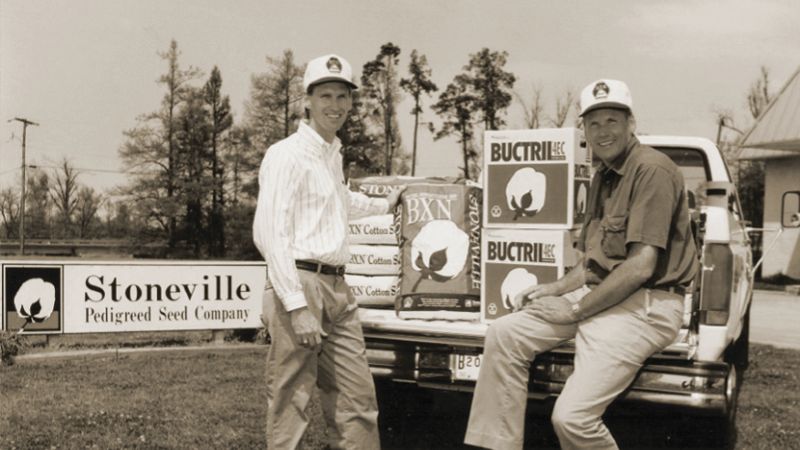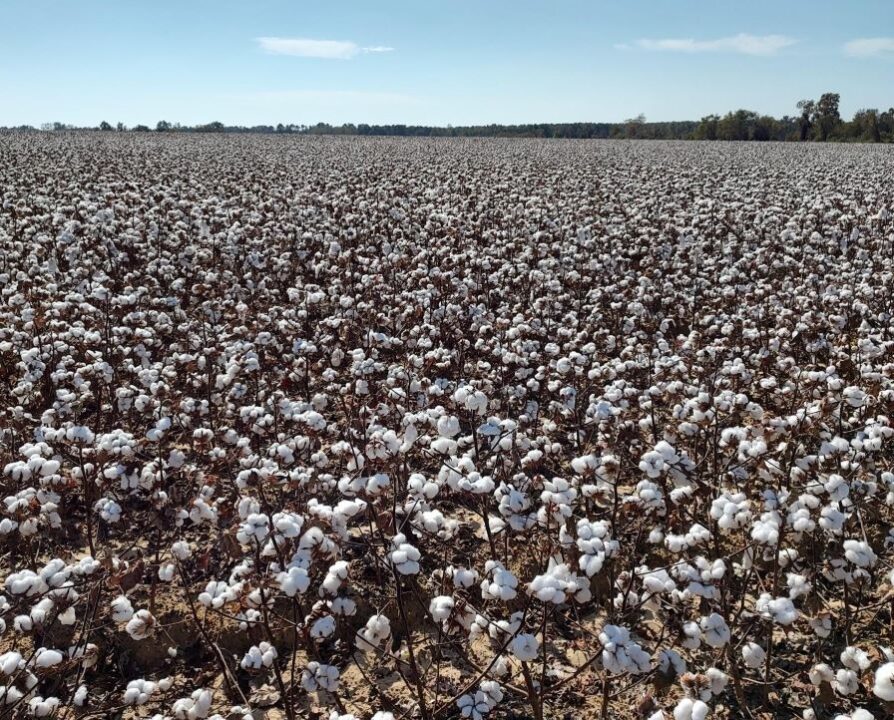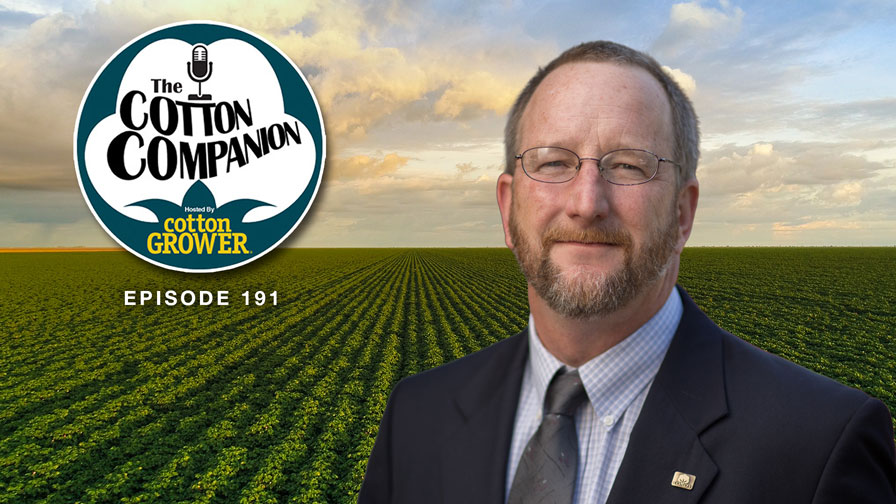CCI Continues to Successfully Build Global Demand for U.S. Cotton
From Cotton Grower Magazine – May 2015
The USDA World Agricultural Supply and Demand Estimate for April was pretty much a non-event when it comes to the state of the world’s cotton industry. Global inventory numbers were essentially unchanged. Yet consumption showed a slight bump, despite lower numbers from several countries.
So, with prices in the 60s and a substantial world carryover of cotton in place as growers head to the field for the 2015 crop, what’s an industry to do to try to move more cotton? For Cotton Council International (CCI), it means keep pushing the promotion.
“U.S. cotton is part of global cotton consumption,” said Vaughn Jordan, interim executive director of CCI. “Right now, U.S. cotton exports are up, and they’re strong. But you don’t want your pie to be shrinking as you’re trying to maintain market share. It’s a challenge.”
CCI was established by the National Cotton Council more than 50 years ago in response to a new government cooperator program, in which private industry and USDA would partner to provide export promotion funds to help build global markets for U.S. agriculture products. The cotton industry was the first to sign up.
“The NCC – along with many other industry organizations such as Cotton Incorporated, American Cotton Shippers Association, Amcot and others – helped provide the private dollars that allowed CCI to apply for and receive federal funds to promote U.S. cotton exports,” explained Jordan. “We use the money well.”
Don’t confuse CCI’s promotion efforts with those of Cotton Incorporated’s renowned “Fabric of Our Lives” campaign. CCI is completely focused on increasing exports of U.S. cotton and promoting its use and consumption in key markets around the world. Collectively, Asian countries make up the largest market for U.S. fiber. For yarn and fabrics, Mexico, Central America and parts of South America top the list of targets.
In many of those areas, the COTTON USA mark is as powerful as the Cotton Seal is in the U.S.
“We have a variety of programs in place to help push U.S. cotton directly the textile mill – the first buyer – and then on up through the supply chain to the weavers, knitters, garment makers, retailers and brands, and ultimately to the consumer,” said Jordan. “We have consumer level promotions in Asia Europe and South America, where we work with companies that use at least 50 percent U.S. cotton and promote those products to consumers. We also try to pull more U.S. cotton through the chain into these promotional programs.”
Last year, the COTTON USA mark was redesigned and “modernized” for use in the global market. The organization also launched a new global consumer promotion program this spring titled “I Love My Cotton” to help inspire what consumers wear and how they wear it, while sharing the benefits of U.S. cotton to markets throughout the world.
The multi-faceted campaign features five individuals from different corners of the globe, wearing cotton in different ways to demonstrate how U.S. cotton can provide personal expression through jeans, dress shirts and everything in between.
“This campaign allows us to take advantage of the fact that communication is different now,” said Jordan. “Consumers are seeing images that are global via smartphones or computers. We want them to get the same quality message about COTTON USA.
“We’re always trying to raise the awareness of U.S. cotton to help establish it as a premium fiber throughout the marketing chain,” she added. “We want mills, brands and retailers to make sure they have U.S. cotton in their products and to make sure consumers look and ask for U.S. cotton.”
Much of the work still relies on building face-to-face relationships, especially when it comes to helping promote and push fiber to mills. Together, CCI and Cotton Incorporated conduct the Sourcing USA Summit every two years to bring representatives from the world’s top cotton mills to the U.S. for three days of industry discussion and networking. Sponsored by cotton exporters and other allied businesses, the Summit has become one of the leading cotton events in the world. Twenty-three countries were represented at the 2014 event.
CCI regularly hosts delegations of individual buyer groups from other countries for coast-to-coast tours to show how U.S. cotton is grown, classed and marketed, as well as sending U.S. delegations to other countries for meetings and promotional events.
“We try to have an activity going on in all of our markets throughout the year,” explained Jordan. “Once a year, we have what we call Cotton Day, which is a big consumer promotion in Japan, Korea, Taiwan and Thailand. In Japan, I believe it’s even on their calendar as a national day to recognize and celebrate cotton.”
Although their promotional efforts don’t (and cannot) cross, CCI does coordinate with Cotton Incorporated to share fashion, technology and other technical innovations to mills using U.S. cotton. They also work together to identify U.S. brands and retailers that CCI can expose to overseas customers of U.S. cotton.
“We’re doing what we can to try to impress the value, advantages and benefits of U.S. cotton to all aspects of the global supply chain,” said Jordan.









